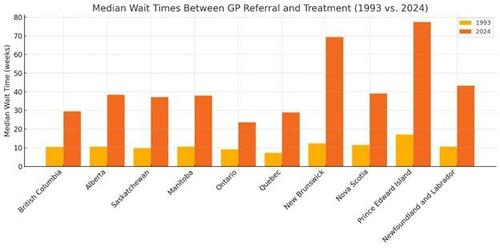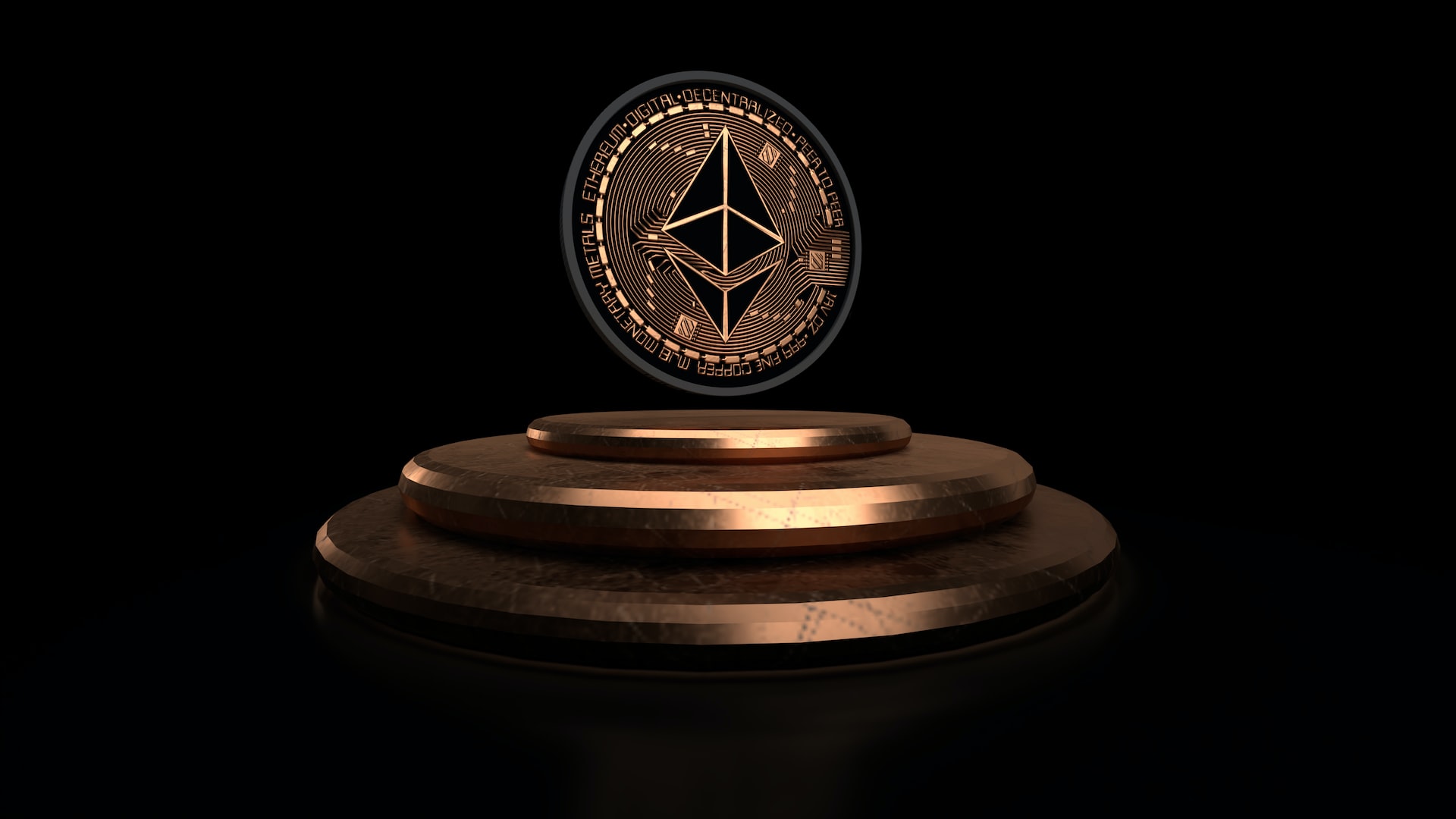Is our elite public debate impatient with the possibilities and promise of political participation outside the formal electoral arena? Put differently, should all forms of political action be judged by the yardstick of electoral outcomes alone?
It is widely acknowledged by scholars and observers that Indian democracy has been far more successful in rooting its “procedural” form — elections, separation of powers, judicial oversight — in society than its “substantive” form, namely free and equal citizenship, entrenching liberal democratic values in the everyday functioning of institutions and society, especially, the freedom of expression.
The battleground for substantive democracy has largely been outside the electoral arena in the form of organised civic activism and citizen-led counter-mobilisation, which at different moments has helped shift the elite-political consensus. Vinoba Bhave’s Bhoodan movement, the Chipko movement, and the movement for a gamut of rights (information, work, food), to name a few, have played a crucial role in entrenching liberal norms and prising open spaces for rooting substantive democracy. In more recent times, the protests against the Citizenship (Amendment) Act (CAA) in 2019, the long walk home of migrant workers during the 2020 Covid-19 lockdown, the 2021 protests by farm groups against three now-scrapped laws have dominated the non-electoral political space, even as parts of India’s procedural democracy have witnessed erosion and backsliding.
Yet questions continue to be asked about the significance of these spaces of political action due to their limited impact on electoral outcomes. Think back to the debates after the Uttar Pradesh elections in March and what was asked of the farm protests. It is true that many social movements have only limited influence on the electoral landscape, but the repeated search for electoral consequence in diverse forms of political action reveals an elite cynicism with the idea of political action for its own sake and its contribution to democracy. It also raises an important question — how should public discourse interpret democracy between and outside elections?
In the arc of India’s democratic history, the current moment presents an important paradox. As Ashutosh Varshney recently argued, India is a reasonably well-performing electoral democracy with largely free and competitive polls even as its liberal credentials have ever-widening deficits. Crucially, India’s enthusiasm for voting is unabated — voter turnout touched record highs in the 2019 general elections and has only grown in state elections since. But this participatory upsurge coexists with an electoral grammar which is remarkably comfortable with any shade of authoritarian power and has limited patience with democratic norms (and this cuts across political parties). The public sphere has normalised polarisation and hate speech as a part of the electoral process, and political parties of all colours are increasingly centralised family firms. With the combination of money and muscle playing a key role in elections, their ability to adequately represent the aspirations and anxieties of voters remains limited.
It is against this backdrop that non-electoral political action, particularly in the present moment of widening deficits in liberal facets of Indian democracy, is extremely significant. Arguably, the very fact that dominant counter-mobilisations in recent years — such as protests against the CAA and farm laws — actively chose to distance themselves from the formal political sphere is an indication of the present limits of the electoral arena. But their contribution to democracy runs deeper.
Social anthropologist Mukulika Banerjee’s masterful work on why India votes illustrates, from the citizens’ perspective, the centrality of voting in empowering and creating a democratic citizen. The act of voting creates a sense of shared solidarity and equal moral standing — which is crucial in a society divided by many inequalities. But, as she powerfully demonstrates in her book Cultivating Democracy, voter choices and the making of a democratic culture is a dialectical process shaped by the electoral and non-electoral dynamics of social and political life. Citizen-led political action that takes place between and outside elections — movements, protests or mobilisations — play a crucial role in shaping these non-electoral dynamics. They serve as critical training grounds for democracy and citizenship by performing three critical functions intrinsic to democracy — generating awareness, encouraging active participation and creating a sense of collective civic responsibility around a set of ideas and principles. It is in the intersection of these experiences of citizenship with everyday dynamics of social and political life that voter choices are shaped and democratic culture established.
This is the lens through which the role of political action between and outside elections should be interpreted: As a process intrinsic to the quest for substantive democracy. This is how we must see the role played by the dominant mobilisations in our contemporary political moment. It is for this reason that, regardless of electoral outcomes, political action for its own sake ought to be celebrated. This is also why the battle to preserve space for dissent, protest, and old-school argumentation will remain critical for saving the future of Indian democracy. This is the challenge for 2023, especially in a year when the political debate will be dominated by nine assembly elections, and the tone for the 2024 general elections will likely be set.
Postscript: As the year ends and everyone is scrambling to make lists, I put together a list of India’s 10 most important welfare initiatives. It reminded me of how central non-electoral activism has been to creating India’s welfare State. Remember, if we did not have vibrant social movements, the public distribution system and the Mahatma Gandhi National Rural Employment Guarantee Act, which sustained millions of people during the pandemic, would not have been created and preserved. This activism may not have had a significant long-term electoral impact, but it proved vital to preserving the lifeline of India. We must fight for these forms of political action because they are essential to democracy, even if they may not always appear so.
Yamini Aiyar is president and chief executive, Centre for Policy Research The views expressed are personal














